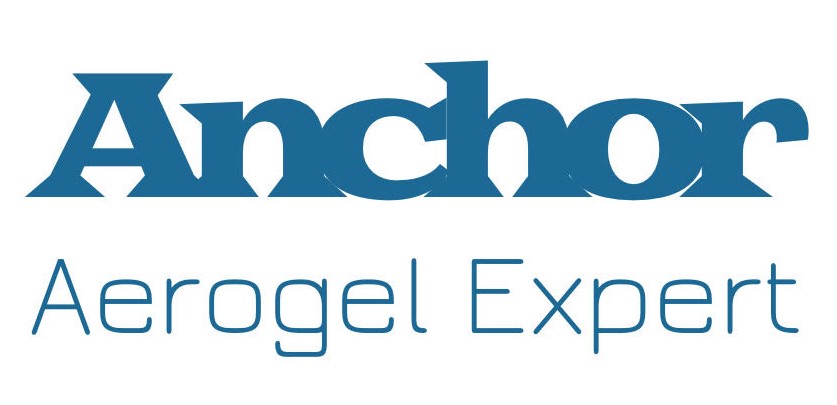Aerogel Insulation Sheet-AG50

Product Description
The AG50 Ultra-Thin Aerogel Sheet is a high-performance ultra-thin aerogel insulation pad specifically developed for fire protection and thermal insulation between battery cells. It is made using fiberglass wet-laid surface felt or ceramic fiber paper as the base material, processed through sol-gel methods, dip-coating, or impregnation, followed by supercritical extraction for solvent removal.
- The AG50-G model uses fiberglass wet-laid surface felt as its base material.
- The AG50-C model is based on ceramic fiber paper.
The biggest advantage of AG50 is its ultra-thin design, with a minimum thickness of just 1mm, while offering precise thickness control with a tolerance of ±0.2mm. This makes it ideal for thermal and fire protection in confined spaces, such as between battery cells. The AG50 can be supplied in roll or sheet form to meet different application needs.


Typical Applications
- Fire insulation and insulation for power batteries.
- Thermal insulation for vehicle bodies, such as automobiles and subway trains.
- Insulation for special electrical equipment.
- Insulation or refrigeration for small-sized pipelines.
Product Advantages
- Outstanding Insulation Performance: With an ultra-low thermal conductivity of0.019-0.023 W/(m·K), the AG50 Aerogel Insulation Sheet achieves the same insulation effect at only one-fourth the thickness of traditional insulation materials, significantly saving space.
- Excellent Fire Resistance: Thanks to its unique raw materials and manufacturing process, AG50 offers superior flame resistance, withstandinginstantaneous temperatures up to 1100°C and continuous operating temperatures of 900°C, enhancing battery safety.
- Exceptional Physical Strength: The AG50 Aerogel Insulation Sheet features strong structural integrity, with a tensile strength of up to 100 kPa and a compressive strength of up to 500 kPa. It remains intact even in high-frequency vibration environments, preventing damage.
- Ultra-Thin Thickness Options: Various ultra-thin thicknesses are available, with a minimum thickness of0.8mm and precise thickness control with a ±0.2mm tolerance, making it ideal for thermal protection in tight spaces.
Product Specifications
Model | AG50-G | AG50-C |
Appearance Color | Translucent | White |
Product Form | Roll or Sheet | Roll or Sheet |
Minimum Thickness | 0.8mm, or customized | 1mm, or customized |
Maximum Width | 1500mm, or customized | 1200mm, or customized |
Water Repellency | 99% | 99% |
Maximum Continuous Operating Temperature | 500℃ | 900℃ |
Maximum Instantaneous Fire Resistance Temperature | 900℃ | 1100℃ |
Density | 180kg/m³ | 230kg/m³ |
Thermal Conductivity at Room Temperature | 0.019-0.023 W/(m·K) | 0.019-0.023 W/(m·K) |
Chloride Ion Content | 0.00% | 0.00% |
Suitable Battery Type | Lithium Iron Phosphate Battery | Ternary Lithium Battery |
Aerogel Sheet or Microporous Insulation Board: Which is Better for Battery Cell Fire Protection and Thermal Insulation?
Due to the extremely limited space between battery cells, fire-resistant and thermal insulation materials should be selected based on their ultra-low thermal conductivity. Aerogel and microporous insulation boards are among the best choices, as their insulation performance is significantly superior to materials like ceramic fiber or fiberglass. In fact, aerogel or microporous insulation requires only one-third to one-fourth of the thickness needed to achieve the same level of thermal insulation as ceramic or fiberglass materials.
Aerogel Sheets use fiberglass surface felt or ceramic fiber paper as the base material, providing better structural strength compared to microporous boards. While microporous insulation boards can also be made very thin, they lack inherent structural support. In high-frequency vibration environments, such as power batteries or energy storage systems, if the microporous insulation layer’s packaging is damaged, the board will lose its structural integrity, compromising its thermal and fire protection performance.
Therefore, in most cases, ultra-thin aerogel Sheet are the superior choice for battery cell fire protection and thermal insulation.

